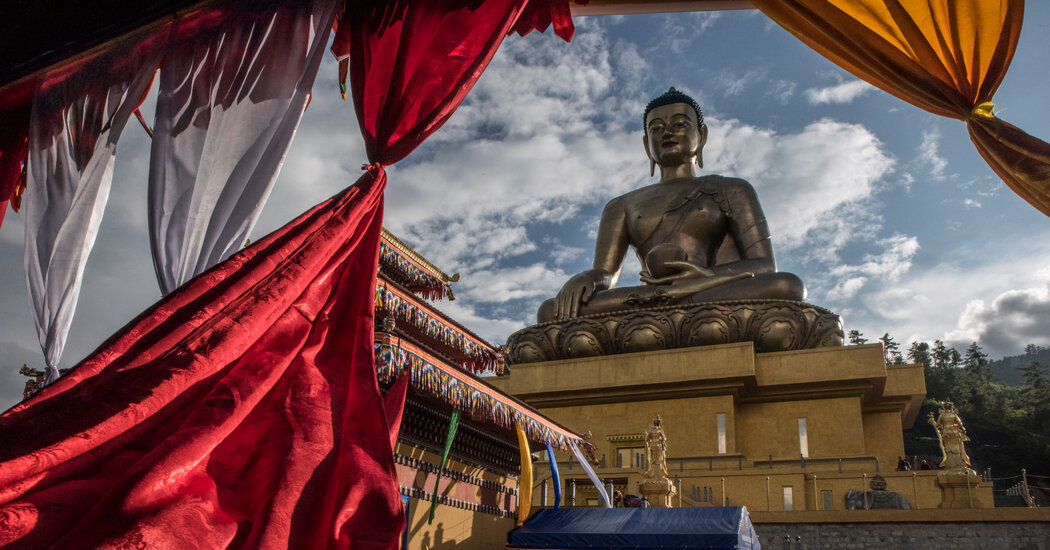The tiny Buddhist kingdom of Bhutan on the eastern edge of the Himalayas, often referred to as “the last Shangri-La” for its abundance of natural beauty, sustainable development and rich cultural heritage, has long resisted the quick financial returns of mass tourism in favor of conservation. The approach is aligned with a cultural philosophy where the country’s wealth and prosperity is measured, through a national happiness index, as an alternative to the gross domestic product.
Since 1974, the year when foreigners were first permitted to visit Bhutan, the country has had a unique “high value, low volume” tourism policy, requiring international visitors to pay at least a daily rate of $250 that covered accommodations, meals, a mandatory tour guide and included a $65 “sustainable development fee” to the government. The package-like approach was aimed to preserve the natural resources of the country by limiting the number of international visitors and controlling where they went. While some tourists complained of poor hotel plumbing, slow internet access and bland food, many appreciated the ease of the predetermined tours.
Now as the government of Bhutan prepares to reopen its borders on Sept. 23, it has overhauled the tourism system and will significantly raise the cost to visit. Visitors no longer need to be on a package tour, but they will now have to pay a $200 daily fee directly to the government, and pay separately for their accommodation, meals, tours and other travel expenses. The new policy, officials say, will rebrand Bhutan as “an exclusive destination,” attracting “discerning tourists” who will have access to a wider range of higher-quality services.
“Covid-19 has allowed us to reset, to rethink how the sector can be best structured and operated, so that it not only benefits Bhutan economically, but socially as well, while keeping carbon footprints low,” said Dr. Tandi Dorji, Bhutan’s foreign minister and chairman of the Tourism Council of Bhutan. “In the long run, our goal is to create high-value experiences for visitors, and well-paying and professional jobs for our citizens. ”
But many tour operators express anxiety over the change. They are worried that the new structure will leave them without any business — uncertain whether they will be able to attract a sufficient number of tourists with the higher fee, or if tourists will even require their services at all, now that they will have the option to book…
Click Here to Read the Full Original Article at NYT > Travel…
